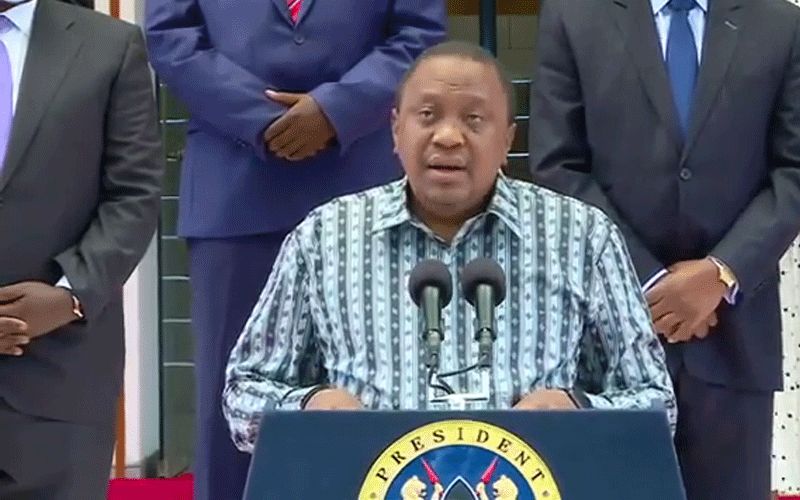Nairobi, 06 July, 2020 / 10:25 pm (ACI Africa).
Children attending Sunday School and those who go for Madrassas in Mosques are among the groups of congregants who will not be allowed to attend public worship in a new set of directives given by Kenya’s President Uhuru Kenyatta who announced the resumption of public worship in the East African country.
President Kenyatta made the announcement Monday, July 6 when he also lifted, effective Tuesday, July 7 at 4 a.m., the cessation of movement order that disallowed entry into and out of three Counties of Nairobi, Mombasa, and Mandera
He announced that the resumption of public worship would follow a strict set of guidelines that had been developed by the Inter-Faith Council, which is led by the Local Ordinary of Kenya’s Catholic Archdiocese of Nyeri, Archbishop Anthony Muheria. The 16-person Council, which has two other Catholic Bishops as members, comprises religious leaders drawn from different faith-based institutions in Kenya.
“Places of worship will commence phased re-opening for congregational worship and public worship in strict conformity with all applicable guidelines and protocols, including the self-regulating guidelines developed by the Inter-Faith Council,” the President said in his public address July 6.
He added, “Sunday Schools and Madrassas shall remain suspended until further notice, and in-person worship shall not include congregants under the age of thirteen (13) years or above the age of fifty-eight (58) years or persons with underlying conditions.”








